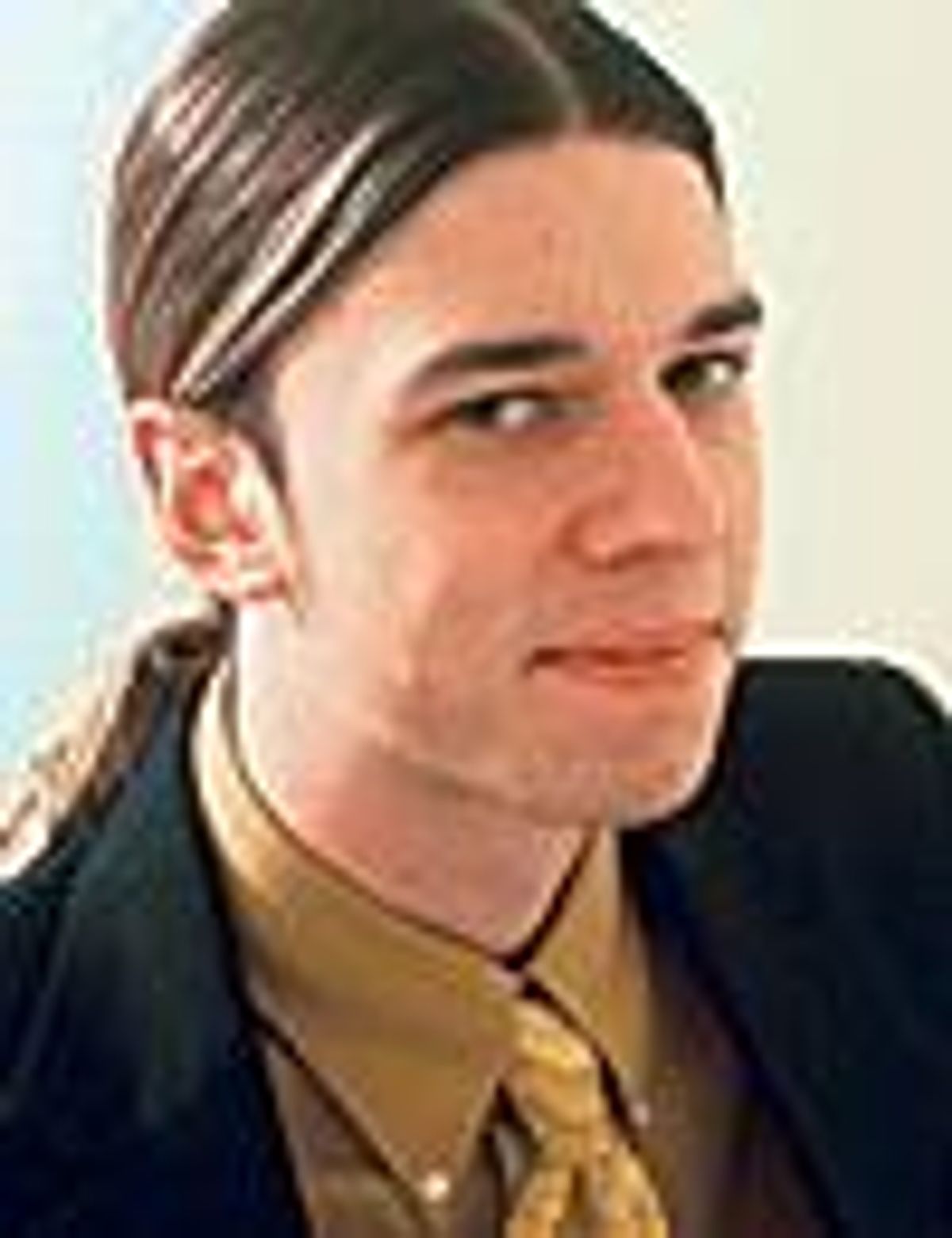
Our young activist diarist learns something from an unexpected encounter outside a Panera Bread eatery in Warrenton, Va.
April 18 2006 12:00 AM EST
November 17 2015 5:28 AM EST
By continuing to use our site, you agree to our Private Policy and Terms of Use.

The author is a junior at Notre Dame Academy, a private Catholic high school in Middleburg, Va., and the founder of the Virginia LGBT activist group Equality Fauquier-Culpeper.
It's 12:41 a.m., and I feel threatened by this blank piece of paper that has been staring at me for a few days now.
Sitting here reminds me of earlier years when I lived in a two-bedroom apartment in the center of Culpeper, Va. (I have to say "earlier," mind you, lest some of you condemn me were I to say my "younger" years, as I am still living them.) My older brothers would pile into our 20-square-foot room, crashing the bunk beds and turning up their amps.
Alas, those times were not so long ago--nor are the times now so different: Two of three brothers back from college, a band practicing in my room, and I can still form a clear thought. Time could tell how long it took for me to hone the skill of clear thought amidst incessant noise.
So I sit here with that clear thought: Today I learned something.
I walked out of Panera Bread in Warrenton, having just returned from a meeting in Richmond for Virginia's statewide campaign against the so-called marriage amendment hitting the ballots in November.
A woman sat peacefully at a cast-iron table, sunlight hitting her like a spotlight. She stood out like a painting, her long red hair catching wind and moving slowly. She had an aura about her, as if angelic beauty had the grace and courtesy to stop by. I noticed how peacefully she sat. I do not believe I have ever seen one literally "sitting peacefully," but she was.
I made my way to her table, as if no one were about, and dropped a palm card next to her plate about Virginia's upcoming constitutional amendment vote. I had no intention of stopping for conversation, so I walked away before I was caught by her thick accent, "I can't vote."
"Why not?" I asked.
"I am not an American citizen," she said, smiling slightly and squinting her eyes.
"Are you becoming one soon?" I asked. She shook her head. "Where are you from?"
"France." She looked down at her food, moving her black plastic fork around the tray. "I have been here for 15 years."
I found myself caught up in a conversation about Virginia politics and the U.S. government. She told me stories of discrimination in social and political settings and the continued struggle as an immigrant. She scribbled down the Web site for Equality Fauquier-Culpeper and said she looked forward to the next meeting.
What was so unique about this single meeting? Why did her stories and experiences, in the minutes we talked, become bold and rise above the crowd? What, in my clear thoughts, did I learn today? That we relate: We, as one human family, relate individually--in this case through the veneration of this one stranger who is not strange at all.
She wants to be treated with equality and dignity, just as I do; just as any human being does.
Viral post saying Republicans 'have two daddies now' has MAGA hot and bothered